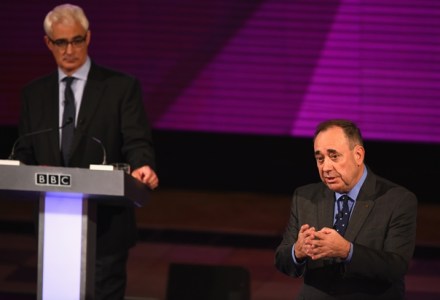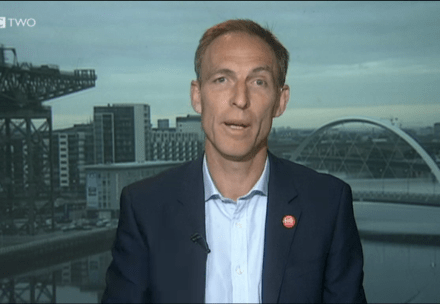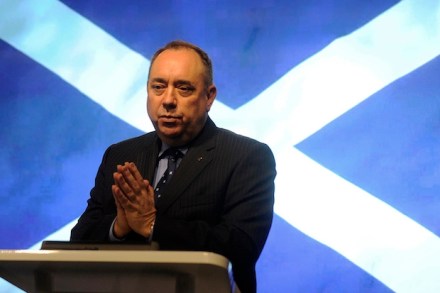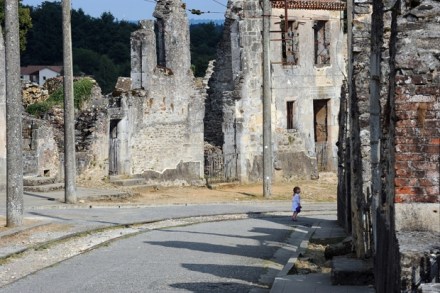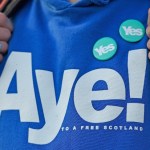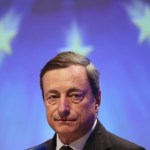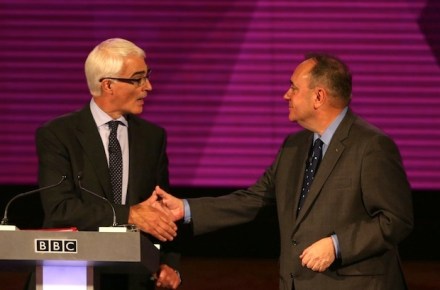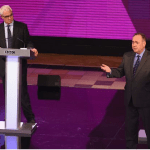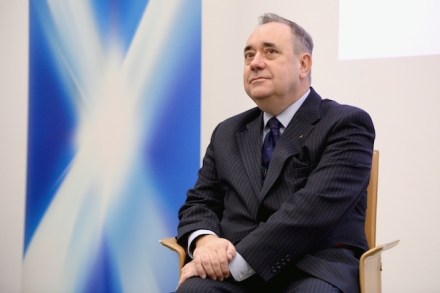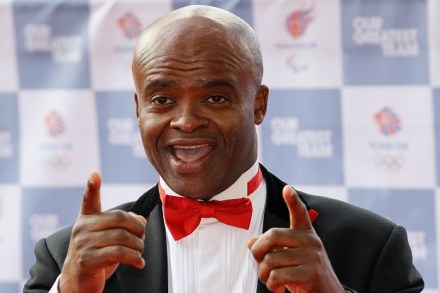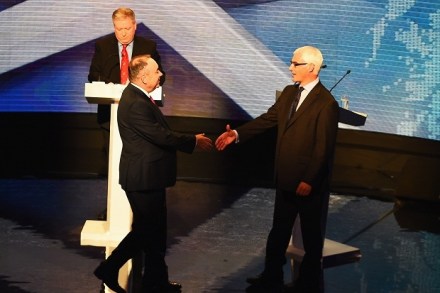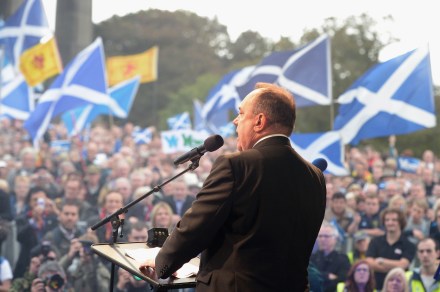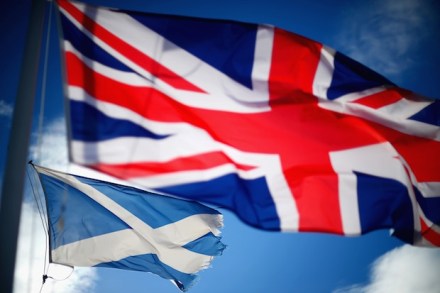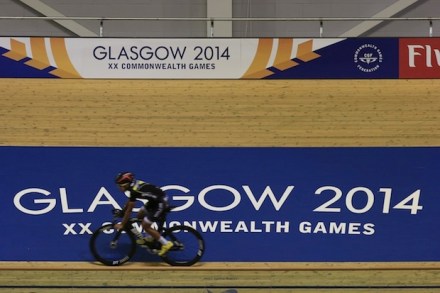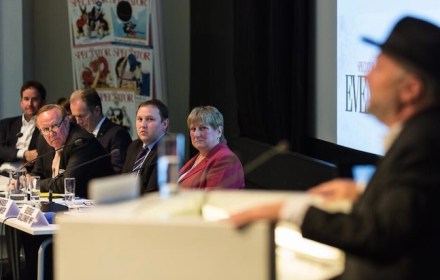The surprise winners from the referendum? Scotland. Politics. Big ideas are back at last
[audioplayer src=”http://traffic.libsyn.com/spectator/TheViewFrom22_4_Sept_2014_v4.mp3″ title=”Isabel Hardman, Fraser Nelson and Hamish Macdonell discuss the referendum” startat=700] Listen [/audioplayer]Let us take a trip to America in 1976. The unelected incumbent president, Gerald Ford, is being challenged for the Republican party’s nomination by Ronald Reagan — and does not take it seriously. Sure, Reagan may have served as governor of California but, still, come on, is this Grand Old Party really going to choose a two-bit B-movie actor as its standard-bearer? And isn’t he the candidate of fruitcakes and loonies? Say what you will about Gerry Ford but you know where you stand with him. But not everyone sees it that way. Reagan is winning
